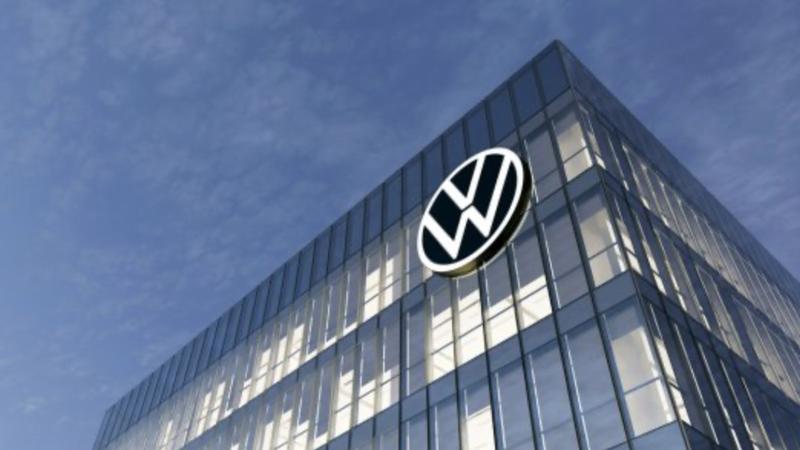Published 20:56 IST, September 3rd 2024
Volkswagen's CUPRA 'at risk' from planned EU tariffs, says CEO
An EV made in China by Volkswagen's CUPRA brand would be "wiped out" if the European Commission followed through with planned import tariffs of 21.3% on the vehicle.

An electric vehicle made in China and designed in Spain by Volkswagen's CUPRA brand would be "wiped out" if the European Commission followed through with planned import tariffs of 21.3% on the vehicle, the brand's CEO told Reuters.
Raising the price of the Tavascan, an all-electric SUV selling for around 52,000 euros ($57,500), to cover the costs was not an option in the current European economic environment, said Wayne Griffiths, who heads up the SEAT and CUPRA brands under Volkswagen's SEAT S.A. subsidiary.
Nor was moving production to another location after the company had already invested in building up capacity at Volkswagen's Anhui plant, a majority-owned joint venture with China's JAC Automobile Group.
Without the projected Tavascan sales, CUPRA would miss EU-mandated carbon dioxide reduction targets next year and so face heavy fines, forcing it to cut output with a possible impact on employment at its base in Spain, Griffiths said.
"It puts the whole financial future of the company at risk," Griffiths said, speaking from Barcelona. "The intention was to protect the European car industry but for us, it's having the opposite effect .... We need to find a solution."
The comments are the strongest yet by a carmaker affected by the tariffs, highlighting worries Brussels will hurt domestic players it is trying to protect via its probe of Chinese subsidies launched almost a year ago. The anti-subsidy tariffs are on top of the EU's standard 10% duty on car imports, a measure the Commission says is aimed at levelling the playing field and countering what it says are unfair subsidies. Beijing has threatened to retaliate with probes into EU imports of dairy, pork and cognac.
'A DIFFERENT ANIMAL' The Tavascan, like BMW's electric Mini, was initially hit with a 38.1% tariff in Brussels' plans, prompting protests from both companies.
The tariff on both cars was reduced to 21.3% last month to be included in the list of companies that cooperated with the EU probe. At the same time, Brussels lowered the proposed duty for Tesla , which has a big factory in Shanghai, to 9%, the lowest of all the duties, after the U.S. EV maker asked for its own negotiated duty. China has been canvassing the bloc's 27 member states to reject the proposed extra tariffs in an October vote.
If duties are imposed, CUPRA can request its own negotiated duty, as Tesla has. The review would last up to nine months. Griffiths said CUPRA was in talks with "different levels" of the Commission and the German and Spanish governments to try to convince them to cut or scrap the planned duties.
Company representatives will travel with a Spanish delegation to China in several weeks, he added.
A European Commission spokesperson declined to comment. German carmakers like Volkswagen are heavily exposed to possible counter-tariffs by China on large engine car imports. China accounts for about a third of their sales. While most cars sold in China are made locally, many top-end models are imported.
CUPRA decided several years ago to produce the Tavascan, its second all-electric model, at Volkswagen's newly constructed Anhui plant in China as a "one-off" to get the product to market quickly and had always planned for the model's successor to be built in Europe, Griffiths said.
"We're not a Chinese brand trying to swamp the European market. Our cars are not for the masses. The car is not a subsidised product," he said. "We're a different animal. That's what we're trying to explain."
Updated 20:56 IST, September 3rd 2024